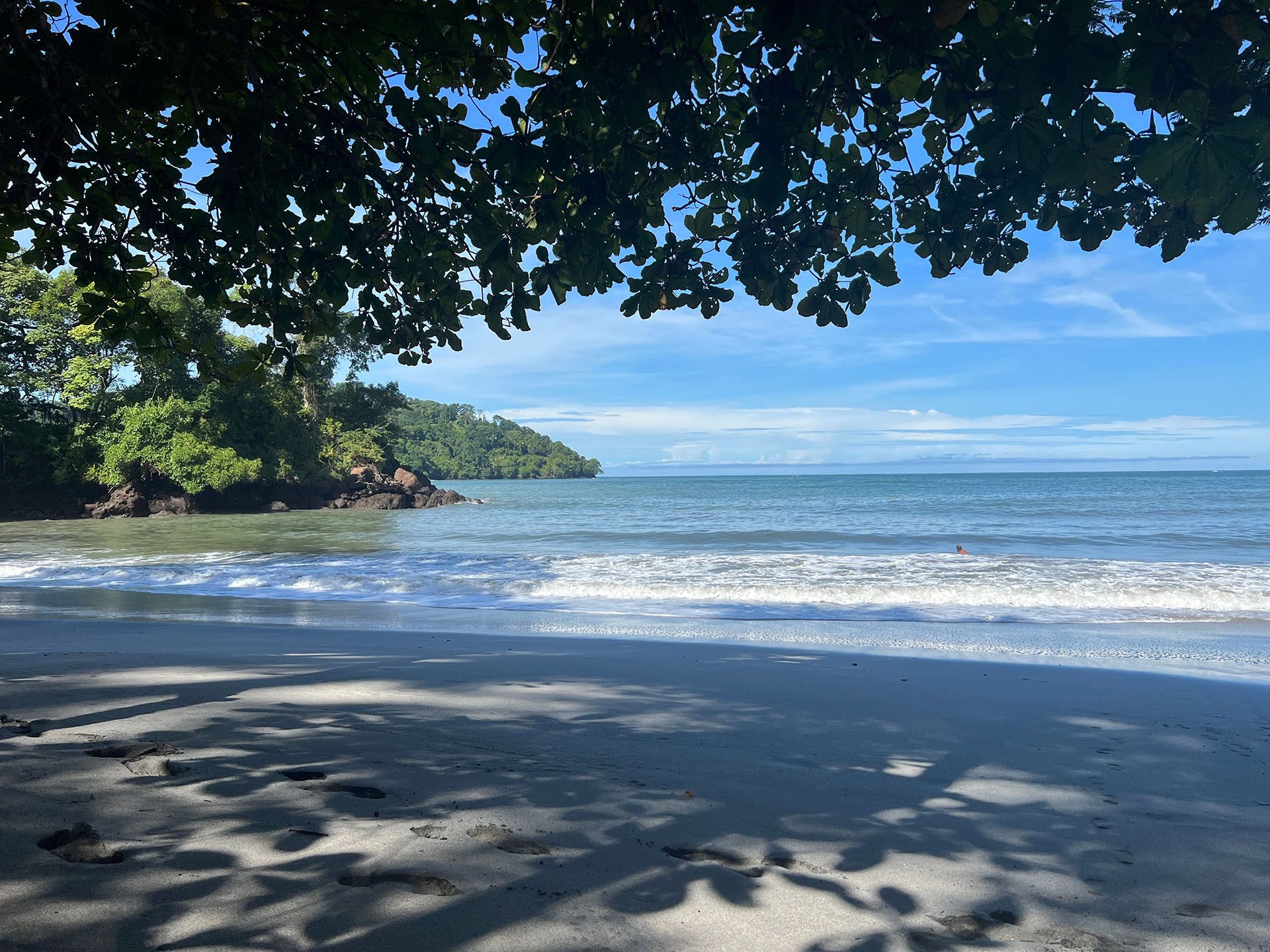Mistakes I've made when traveling (and how to avoid them)
I think it's safe to say I'm an experienced traveler, but wow.. I've made some horrible planning mistakes! From overloading my itinerary to seriously misjudging the weather conditions. And from spending 28 hours in a bus instead of 8 (don't travel during Easter in the Philippines) to not having enough cash with me.
I've made a list of most common planning mistakes, so you can hopefully avoid spending 28 hours in a never-ending traffic jam!
Planning travel times
On my trip to the Philippines, I traveled from Manila to Banaue in the north. A trip that should take around 8 to 10 hours. What I didn't realize was, that I traveled on a Friday right before Easter. Apparently, all the locals had a long weekend and traveled back home.
The bus ride took 28 hours! You'll be amazed at how many card games you can learn in 28 hours, but it messed up a lot of travel plans.
So, since that trip, I check for publicholidays, travel times and bus routes. I’m never spending 28 hours on a bus again!
Overloading your itinerary
I always like to see and experience as much as possible, but unfortunately that's just not possible. You cannot experience an entire country in just a few weeks. As much as you might want to do so.
The biggest mistake many travelers make is planning their itinerary from day to day.
The result: an itinerary that is planned minute by minute, with a maximum of two overnight stays in one place. Result: a beautiful trip, but very rushed and not very relaxed. And the great thing about traveling is freedom, right?
Ignoring the weather
I climbed Acatenango in Guatemala (and you should too!) and I heard many stories about the changeable weather. Although I was reasonably well-prepared for what I was doing, the weather at the top was terrible!
It was windy, it was raining, and I couldn't even see (or hear) the guide, who was walking two metres in front of me. There I was in my sweatpants and a second hand wind jacket. I could have turned around and enjoyed the view at base camp, but it's not every day you're at the top of Acatenango!
Tip: If you plan to go hiking, especially volcanoes, don't go for a lot of clothes, but for the right clothes!
Not carrying enough cash
Back to the Philippines again! I traveled to El Nido somewhere around 2010, when there was only one ATM in the area. I should've done my research, because when there's only one ATM, chances are, it's either empty or broken. And it turned out to be.
I ended up without cash, and back then (and still) the Philippines was a cash-only destination. With the help of a local, I was able to use my credit card to get cash at a gas station for a fee that still haunts me. Unfortunately, there was little else I could do.
If I only knew what I know now!






